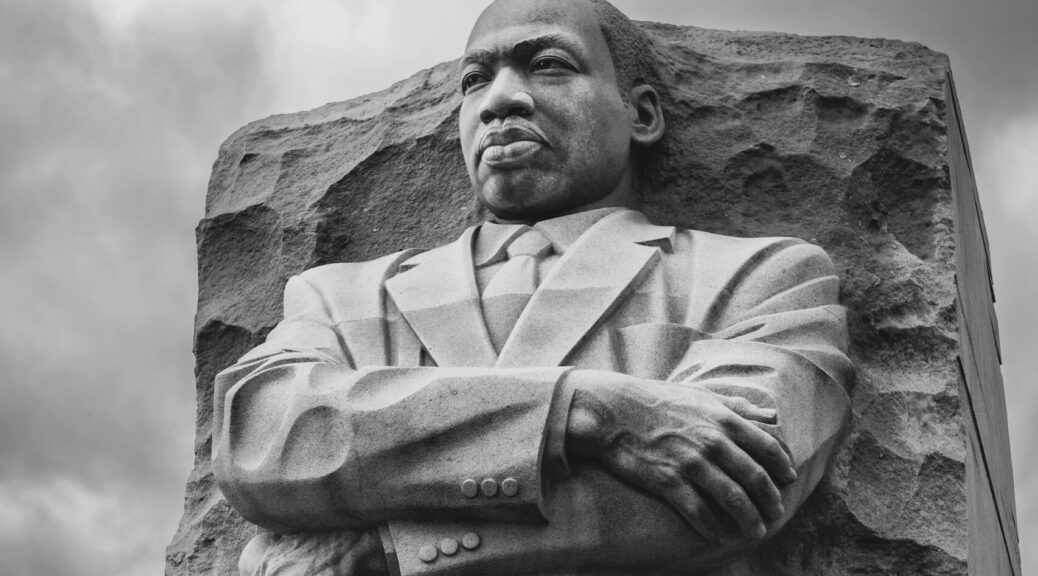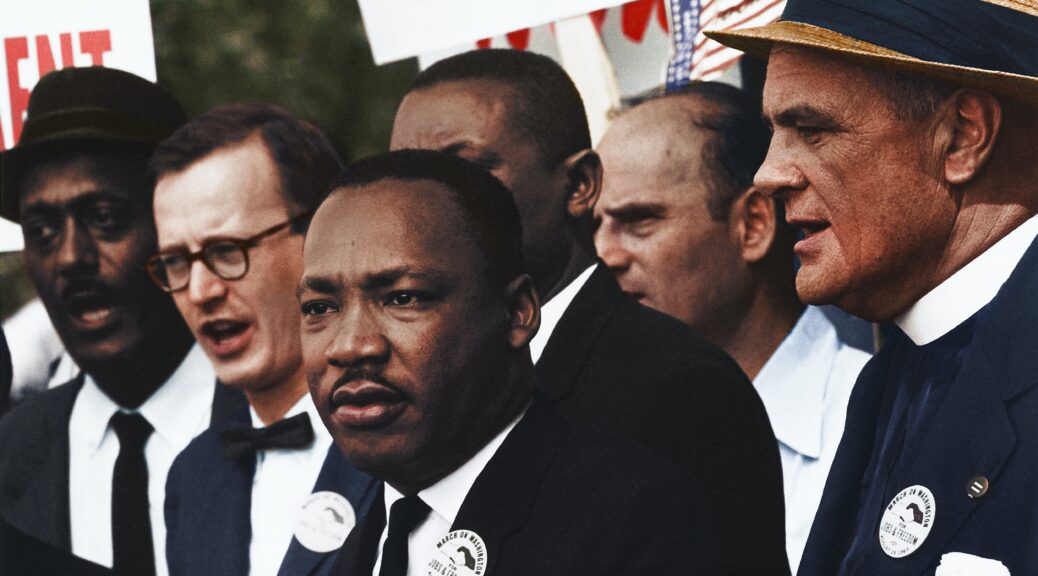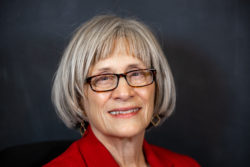Listening Impact: How Audiobooks Drive Social Awareness
Technology has become an integral part of society, driving innovation and empowerment in many ways, including social awareness. Information and resources on social issues from various perspectives and cultures are now easily accessible to many, and one way such knowledge is spreading is through audiobooks. Audiobooks, once perceived as mere entertainment, are increasingly recognized for their unique potential to cultivate social awareness. This medium has great potential, as audiobooks have been increasing in popularity; Statista reports that audiobook publishing and consumption have increased tenfold in recent years, meaning more people are willing to listen and learn something new through these books. This immersive format offers distinct advantages in fostering empathy, understanding, and engagement with diverse perspectives and challenging issues. Here’s how audiobooks can drive social awareness:
Empathy and emotional connection
Audiobooks excel at conveying the emotional depth and complexity of characters and situations. The narrator’s voice can breathe life into diverse characters, allowing listeners to step into their shoes and experience the world through their eyes. This fosters empathy and understanding towards marginalized groups or individuals facing different challenges. For example, listening to a first-hand account of racial discrimination through an audiobook narrated by the author can be far more impactful than reading the same account on paper.
A writer’s account of listening to Michelle Zauner’s Crying In H Mart allowed her to more deeply appreciate the retelling of the author’s experiences with culture, identity, and relationship with her immigrant mother by listening to the sadness, humor, and longing in her voice. This prompted her to share the audiobook with her immigrant mother, fostering a deeper connection and awareness of each other’s social realities. Audiobooks allow for a more immersive listening experience and a greater emotional connection, making social awareness feel like a more real and tangible concept and practice rather than mere theory.
Diverse topics and perspectives
Audiobooks offer a platform for amplifying marginalized voices and perspectives that might otherwise be unheard. Listening to diverse authors narrate their own stories or experienced narrators portraying characters from different backgrounds can challenge listeners’ biases and expose them to new viewpoints.
Digital libraries also allow easy access to these diverse topics and perspectives, with millions of ebooks, audiobooks, magazines, and more available on one platform. The audiobook selection on Everand showcases a vast array of social awareness resources for various contexts, such as Rohit Bhargava and Jennifer Brown’s Beyond Diversity: 12 Non-Obvious Ways To Build A More Inclusive World or the platform-original Writing into the Wound: Understanding trauma, truth, and language by Roxanne Gay. This exposure can be instrumental in breaking down stereotypes and fostering a more inclusive and understanding society.
Accessibility and convenience
Other than conveying messages and topics on social awareness, audiobooks play an essential role in making literacy more equitable and accessible. Audiobooks break down barriers to knowledge and understanding. Unlike traditional reading, they can be easily enjoyed during commutes, chores, or even exercise.
A feature on audiobooks on NBC News notes that this convenience makes books more accessible to those with visual impairments, people with processing issues or learning disabilities, or readers who are on a busy schedule. Audiobooks can overcome challenges to literacy and make learning about social awareness less daunting or challenging, encouraging more curiosity and connection. This broader reach allows social awareness messages to reach a wider audience, potentially sparking conversations and action beyond the pages of a book.
Audiobooks are a prime example of how tech is instrumental in innovation and empowerment. By making topics on diversity, inclusion, culture, and more widely accessible and immersive, audiobooks prompt the growth of social awareness and how it can be set into motion in reality. The “Embracing Diversity in The Workplace” post highlights how diversity is crucial for innovation in the modern world, bringing together many experiences, thoughts, and ideas that can offer more solutions and approaches to problems. In turn, innovations from this diversity can create more avenues to accessibility and social awareness, such as audiobooks.









